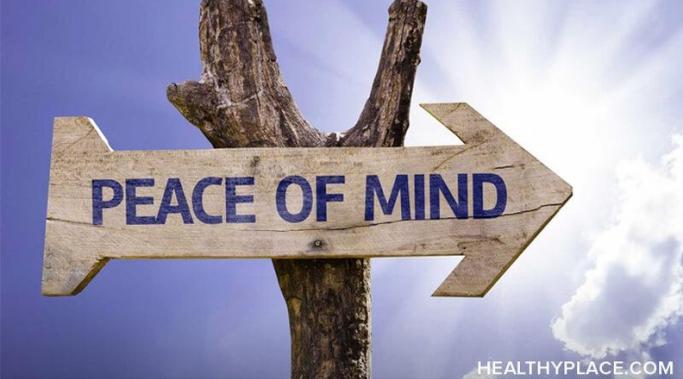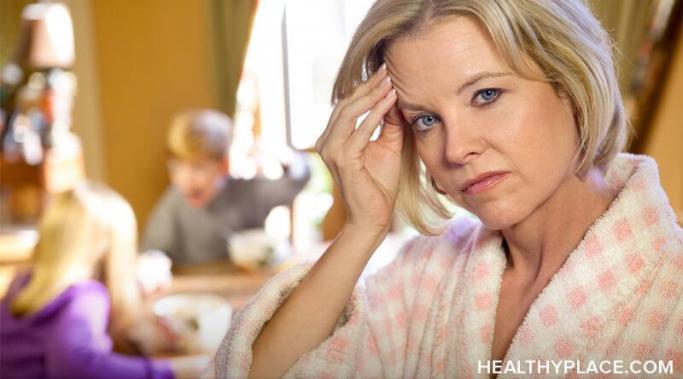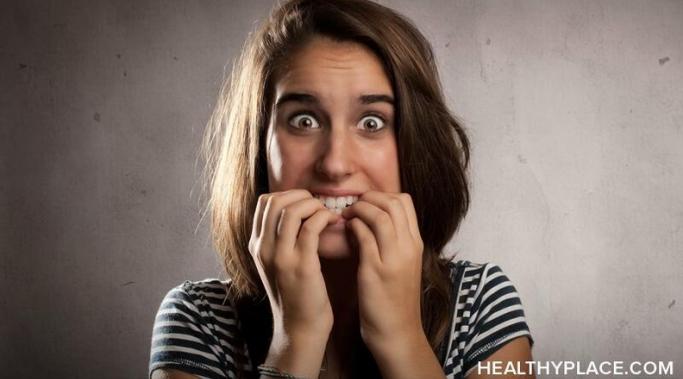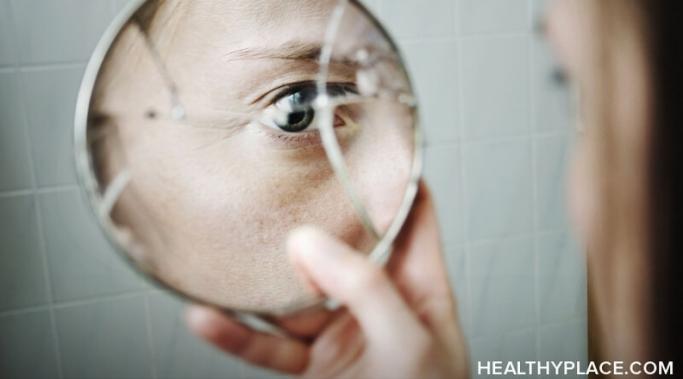Blogs
Anxiety can make people feel inferior and erode self-confidence. The harsh, self-critical, judgmental voice of anxiety can also distort the way we see ourselves, causing us to ignore our positive qualities and exaggerate our very human flaws and foibles. If anxiety ever makes you hard on yourself, keep reading. You don't have to take anxiety's word at face value.
One of the things I’ve done to relax, for literally as far back as I can remember, is rewatch movies that I consider to be favorites. There are a handful of movies that I’m guessing I’ve seen 100s of times because, for whatever reason, they make me feel relaxed when I watch them.
One of the hardest parts of parenting a child with mental illness is watching my kid behave disruptively or throw a larger-than-life tantrum and wondering, "Would this be happening if I were a better mom? Is my child's mental illness a result of my poor parenting?"
Self-doubt is a recurring theme in my life. It affects multiple areas of my life, from ethics and relationships to my personal and professional choices. What I experience isn't a healthy level of doubt; it is extreme and therefore unhelpful. And my depression and anxiety are responsible for this. Like many people, I have both, and together they make my self-doubt more potent.
Being in a relationship with someone, whether it's a romantic connection or a close friendship, can feel good and boost mental health. But can you have too much of a good thing? Is it wrong for someone to want to spend a lot of time with you, or is it just a sign of love or friendship? There is a line between enjoying time together and being possessive. Knowing that line can help you keep your relationships--and yourself--mentally healthy.
When you experience chronic anxiety, it is probably difficult to imagine you could distract yourself from that anxiety. With anxiety, you may find that you become overwhelmed with worry and racing thoughts. This can be difficult when it results in many physical symptoms, such as a racing heart rate, headaches, and stomach problems. It can become even more problematic when it interferes with your daily life, and you find that you are having a hard time concentrating, having a hard time sleeping, or constantly on high alert.
Juliana Sabatello
Despite all of the progress we have made in society toward mental health awareness and understanding, mental illness is still a taboo topic in many circles, and many people continue to struggle alone. The stigma surrounding mental illness adds an extra layer of shame to an already difficult problem, and that shame can lead us away from relationships, deep connections with others, and fulfilling social lives with people who might truly understand, accept, and value us if we gave them the chance.
Family expectations can be draining for a lot of reasons. Depending on what kind of family you come from, there’s a whole bunch of different unwritten rules about the types of lives we “should” live. My brother’s mental illness challenged our family expectations in a major way, and when I reflect on it I see that he changed our family culture for the better.
As a lesbian who lives life outside of the closet, I have experienced my fair share of shame regarding my sexual orientation and gender expression. The LGBTQIA+ mental health community does not only experience shame based upon their sexual orientation, gender identity, and gender expression. These individuals also have to navigate shame feelings stemming from trauma experienced in their pasts.
Bipolar often makes me very irritated, and I suggest you not talk to me about it. Okay, I'm just kidding about that last part, but what I will say is that when I'm highly irritated because of bipolar disorder, I don't want to talk about it or anything else. And while irritation doesn't sound like the worst bipolar symptom, I can attest to the fact that it definitely impacts one's quality of life.









